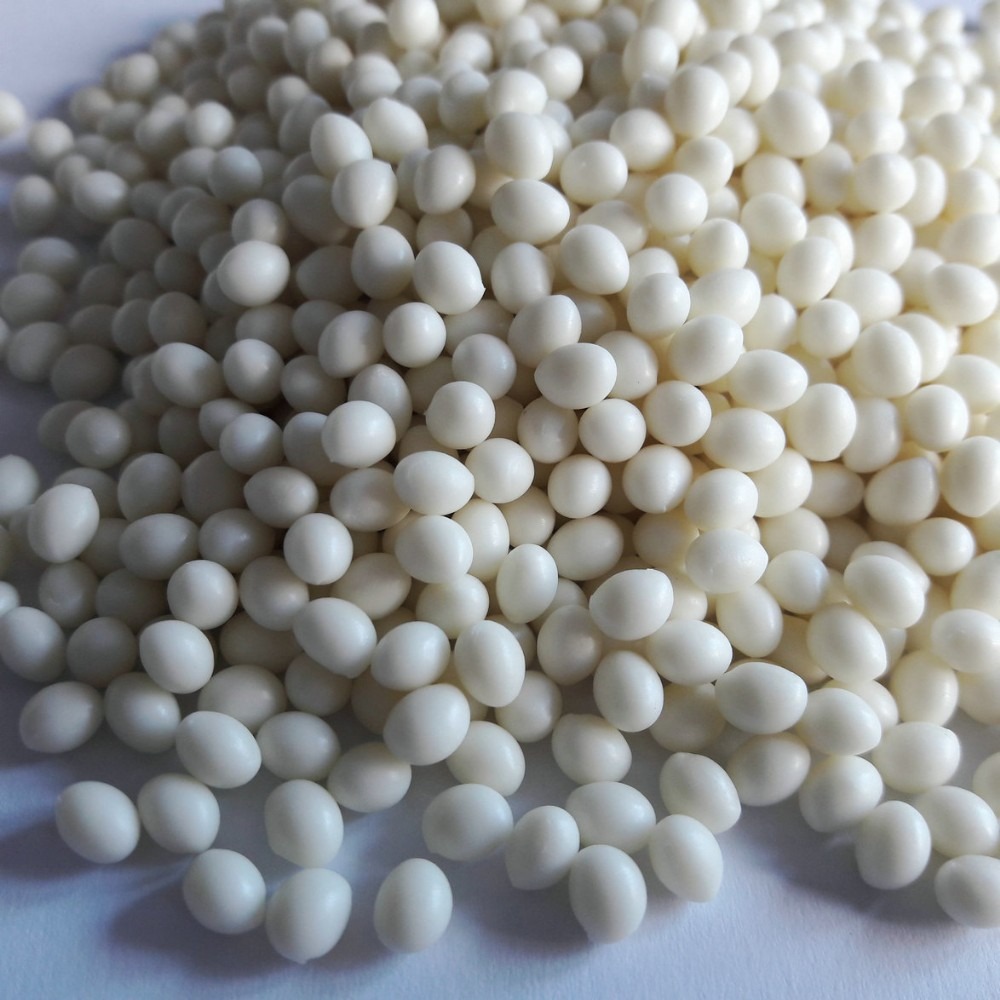Effect of hydrocarbon resin on adhesion properties of hot melt adhesives
Hydrocarbon resin is the main by-product of ethylene plants, has good adhesion properties, and is widely used in hot melt adhesives. The effect of hydrocarbon resin on the bonding properties of hot melt pressure-sensitive adhesives is described.

1. The effect on the bonding strength of the hot melt adhesive itself.
The main factor affecting the bond strength of the hot melt adhesive itself is the compatibility between the elastomer and the hydrocarbon resin. In other words, if the compatibility is good, the actual quantitative index of the colloidal energy storage film will be reduced to a certain extent, and the full adhesion between the two will be promoted under the action of stress. However, if the compatibility between the two is poor, the quantitative index will be improved, which will negatively affect the adhesion effect between the colloid and the object that needs to be bonded. In fact, if the elastomer is incompatible with the hydrocarbon resin or has poor compatibility, it is easy to lead to an increase in the viscosity of the hydrocarbon resin, and on this basis, the continuous bonding strength is reduced, thereby weakening the tackifying effect of the hydrocarbon resin itself. In general, if the index of the wax fog point increases, the adhesion strength of the resin will also increase, but at the same time, the initial viscosity strength will be reduced to a certain extent. If a scientific, reasonable and efficient process is adopted to control the softening point at more than 100℃ and the wax fog point is less than 90 ℃, pressure-sensitive adhesive with high temperature shear strength and good performance will be produced, and then the application field of hydrocarbon resin will be continuously expanded.
Hot melt adhesive
2. Influence on the continuous bonding strength of hot melt adhesive
The softening point is generally determined by two aspects, one is the relative molecule of the hydrocarbon resin, and the other is the resin structure. The higher the relative molecular mass of the resin, the greater the proportion of the resin ring structure, which will increase the softening point of the resin itself to a certain extent. The softening point plays an important role in the performance of hot melt adhesives, mainly in terms of the influence on the continuous bond strength. The softening point is proportional to the cohesive strength of the hydrocarbon resin and determines the continuous bond strength of the adhesive. In this case, it can not only significantly increase the temperature during hot melt adhesive application, but also expand its application range. Therefore, the softening point of the resin should be maximized, and at the same time, it should be controlled to prevent the softening point from being too high to affect the wetting effect and melt viscosity of the hot melt adhesive. Practical experience shows that in order to completely prevent colloidal hardening, colloidal crusting phenomenon, it is most scientific to control the softening point at 80-130 ℃.
Hot melt pressure sensitive adhesives
In order to meet the requirements of China's hot melt adhesive industry, the research on hydrocarbon resin should be continuously strengthened, therefore, attention should be paid to exploring the application of hydrocarbon resin in hot melt pressure sensitive adhesive.
